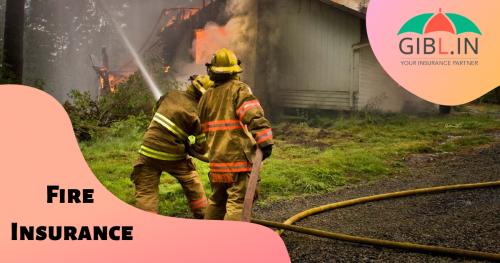What Are the Characteristics of Fire Insurance?

The following are the qualities of a fire insurance policy that distinguish it from other insurance policies. Let us look at some of the aspects that should not be overlooked:
- Covenant of good faith: The policy is based on a covenant of good faith between the insurer and the insured. It is critical for both parties to disclose all facts prior to the start of the policy.
- Covenant of Indemnity: This is an indemnity policy in which the insurer is responsible for covering the damage. No insurance liability will be granted if there is no loss due to a fire.
- One-year Policy: A term fire insurance policy is usually for a year, although it can be renewed if the terms and conditions in the policy schedule are met.
- Insurable Interest: When the insured has an insurable interest in the insured property, the policy is valid. Such interest may be required if a loss occurs. The insured benefits from the insured property's survival, but in the event of destruction, the insured may suffer a loss.
- Direct Loss: This can be used if the fire was the source of the loss or damage.
- Personal Right: In the event of a loss or damage due to unforeseen events, the insured amount will be paid to the person named in the policy document.
- Personal Insurance Contract: The most essential feature of this coverage is that it is totally transparent. An insurance provider must be aware of the insured's actions. Furthermore, only the policyholder with the insurer's permission can transfer the insurance. Furthermore, an insurer has the authority to cancel a policy if possession of items is transferred to a third party.
- Property Description: When purchasing a fire insurance policy, it is critical to provide a detailed description of the property. This is necessary because, if an unfortunate incident occurs at the insured site, the claims will be settled according to the location specified in the policy document. If there is a change, it must be brought to the insurer's attention to avoid further consequences.
Advertise on APSense
This advertising space is available.
Post Your Ad Here
Post Your Ad Here
Comments